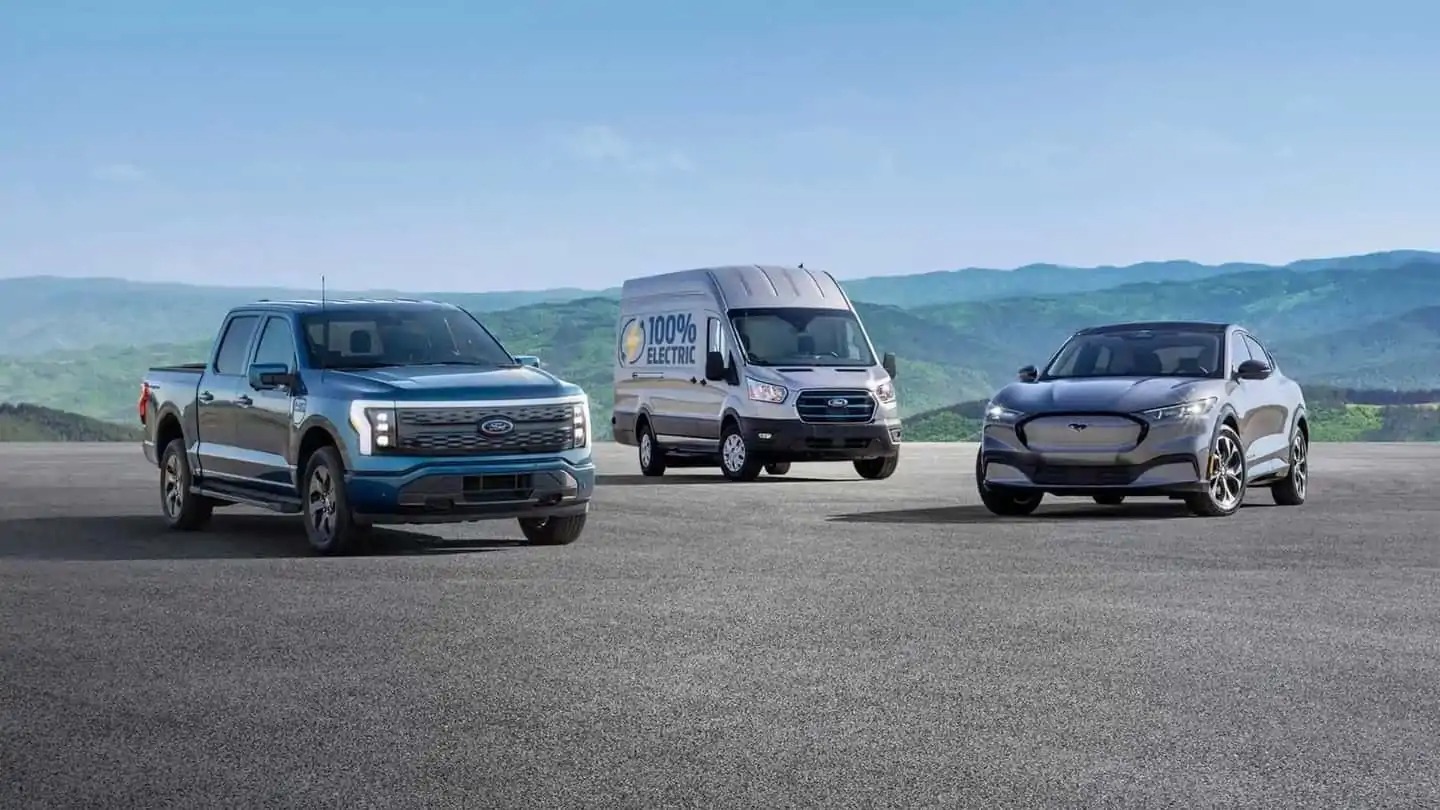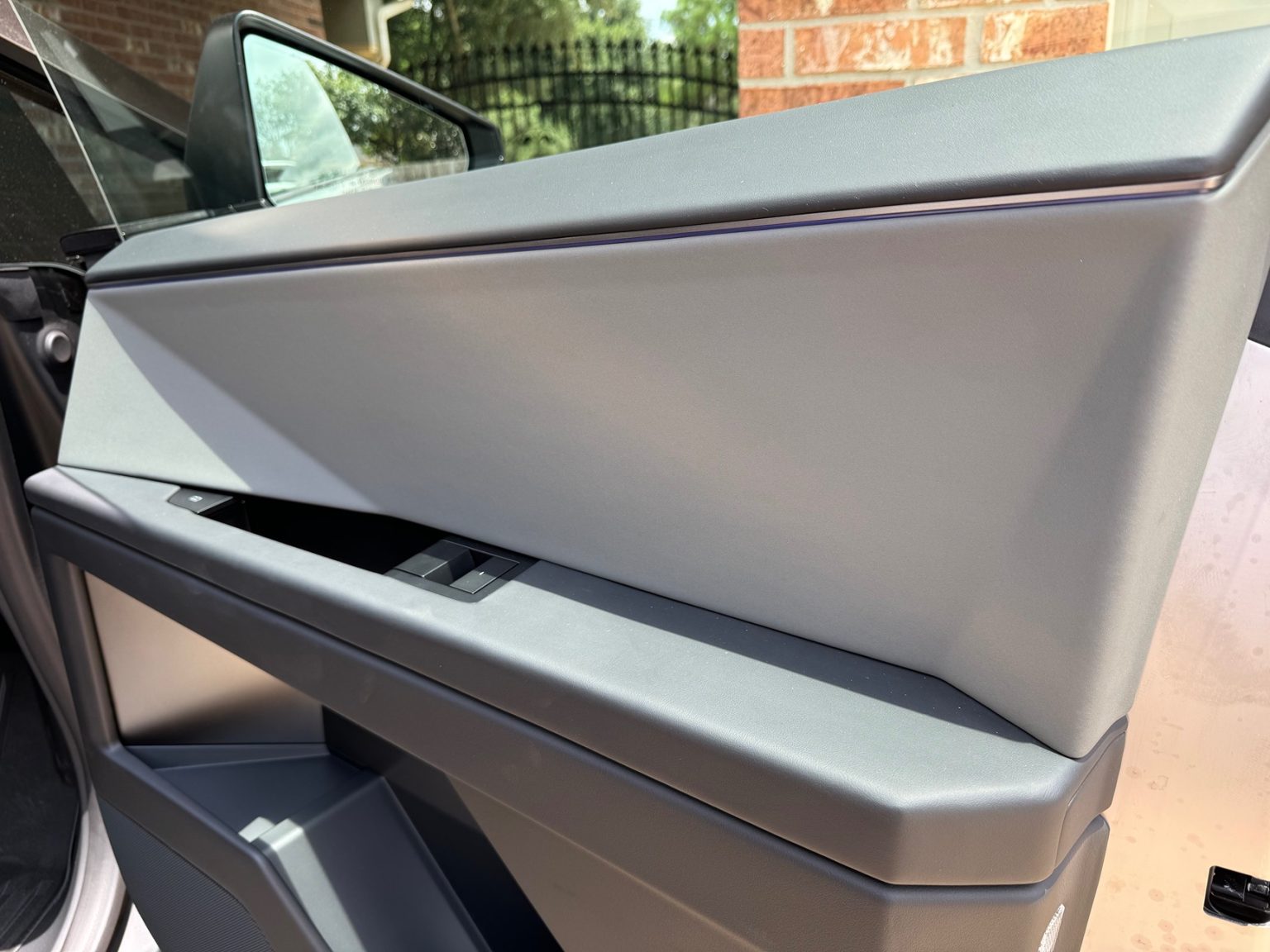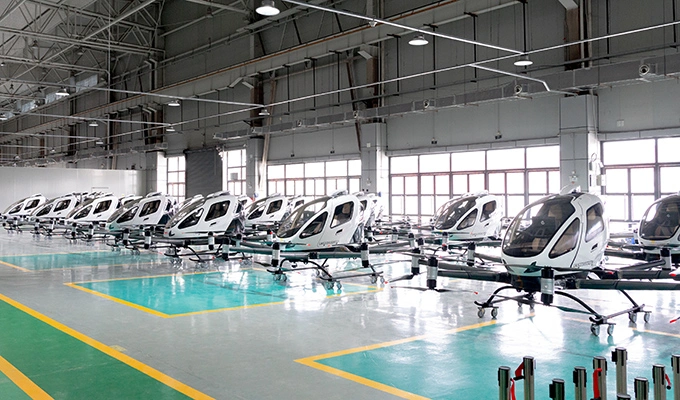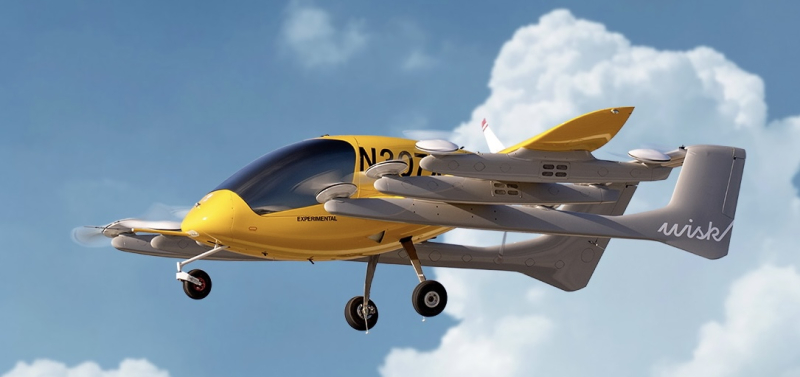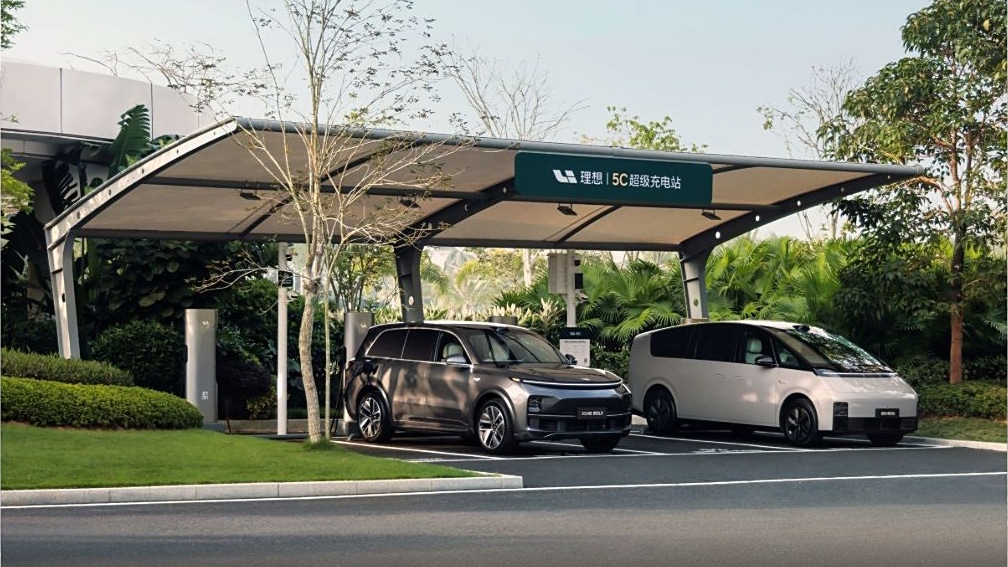Ford expects to launch a $30,000 all-electric vehicle that it aims to make profitable within approximately two and a half years, CEO Jim Farley announced during the Aspen Ideas Festival on Friday.
Details on the vehicle, being developed by a dedicated Ford “skunkworks” team, were sparse as Farley highlighted anticipated competition from Chinese automakers like BYD and an upcoming entry-level electric car from Tesla.
See also: Ford CEO Jim Farley Urges United States to Embrace Electric Vehicles
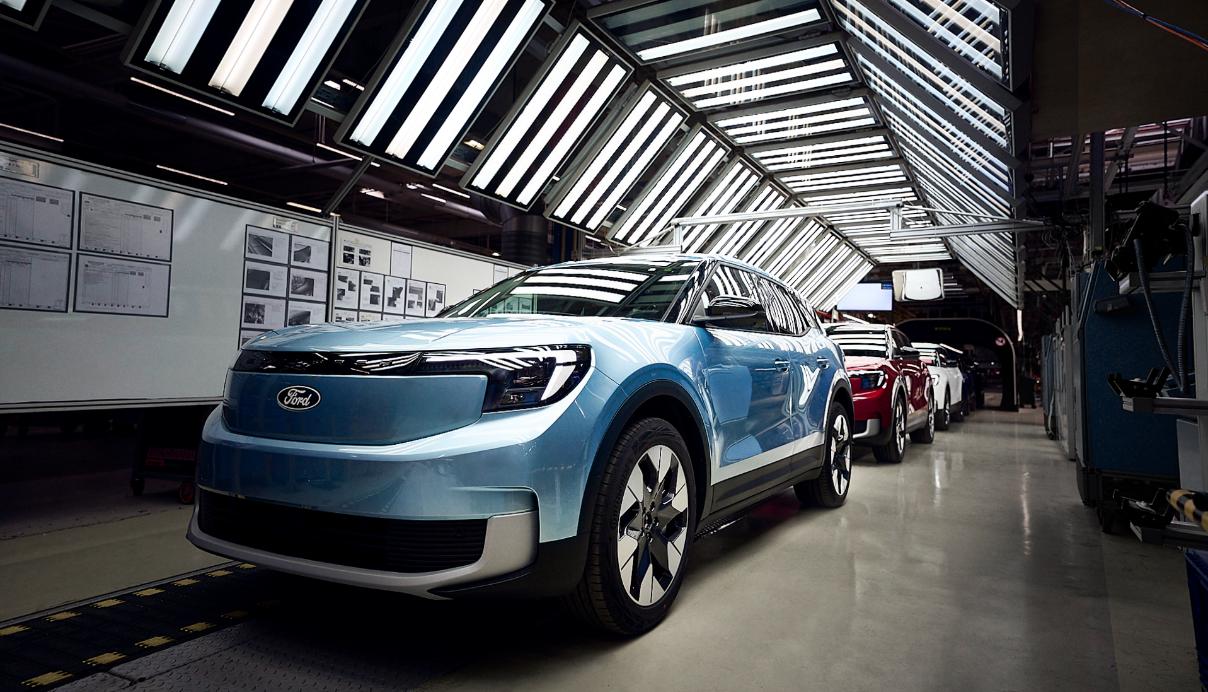
Ford’s strategy prioritizes smaller electric vehicles over larger SUVs and trucks, traditionally lucrative segments for the company fueled by internal combustion engines, which Farley argued are unlikely to turn a profit in the EV era.
“You have to make a radical change as an [automaker] to achieve profitability in EVs. Our capital focus now is on smaller, more affordable EVs,” Farley told CNBC’s Julia Boorstin. “The duty cycle we’ve identified matches smaller vehicles. Large EVs with extensive ranges are cost-prohibitive due to high battery expenses.”
See also: Ford Streamlines EU Leadership Amid EV Transition Challenges
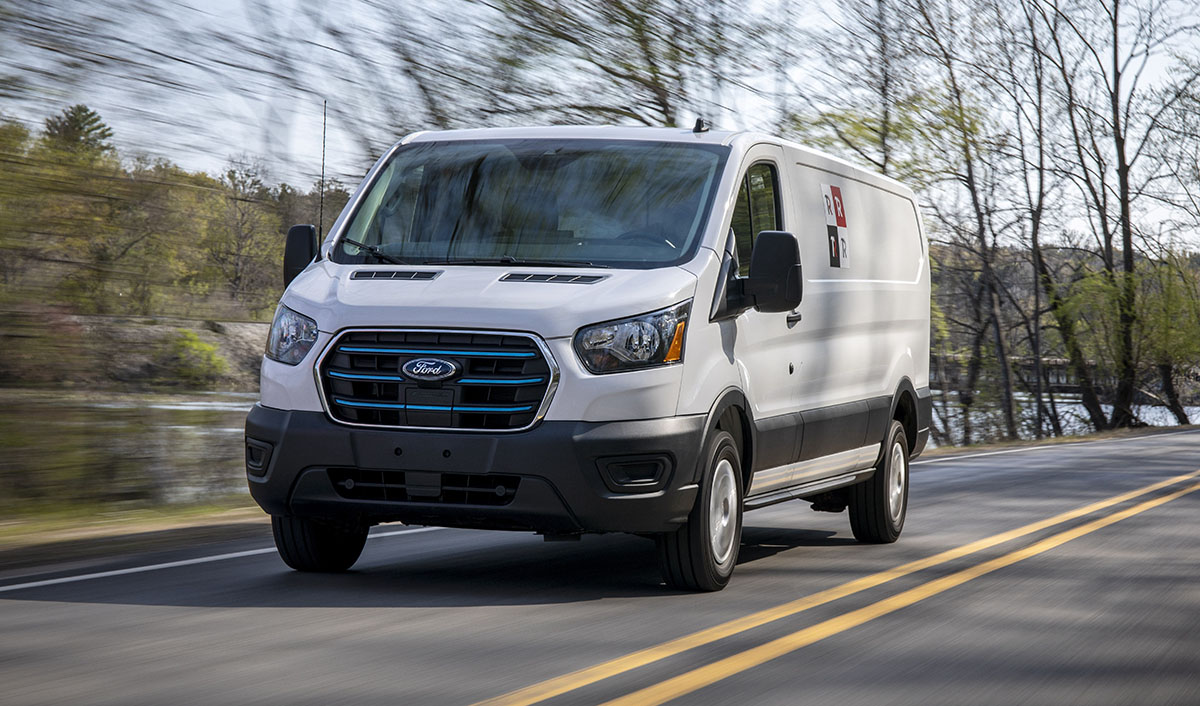
A Ford spokesperson clarified that Farley’s comments excluded vehicles like the all-electric F-150 Lightning pickup or future models, focusing instead on larger vehicles requiring substantial battery packs for extended ranges.
Earlier this year, Ford postponed production of a large SUV and a next-generation pickup, citing strategic shifts in its EV lineup.
Farley emphasized the critical need for Ford to develop profitable EVs within five years amidst aggressive global expansion by Chinese automakers.
See also: Ford Chooses Long Beach for Next-Generation EV Platform Development
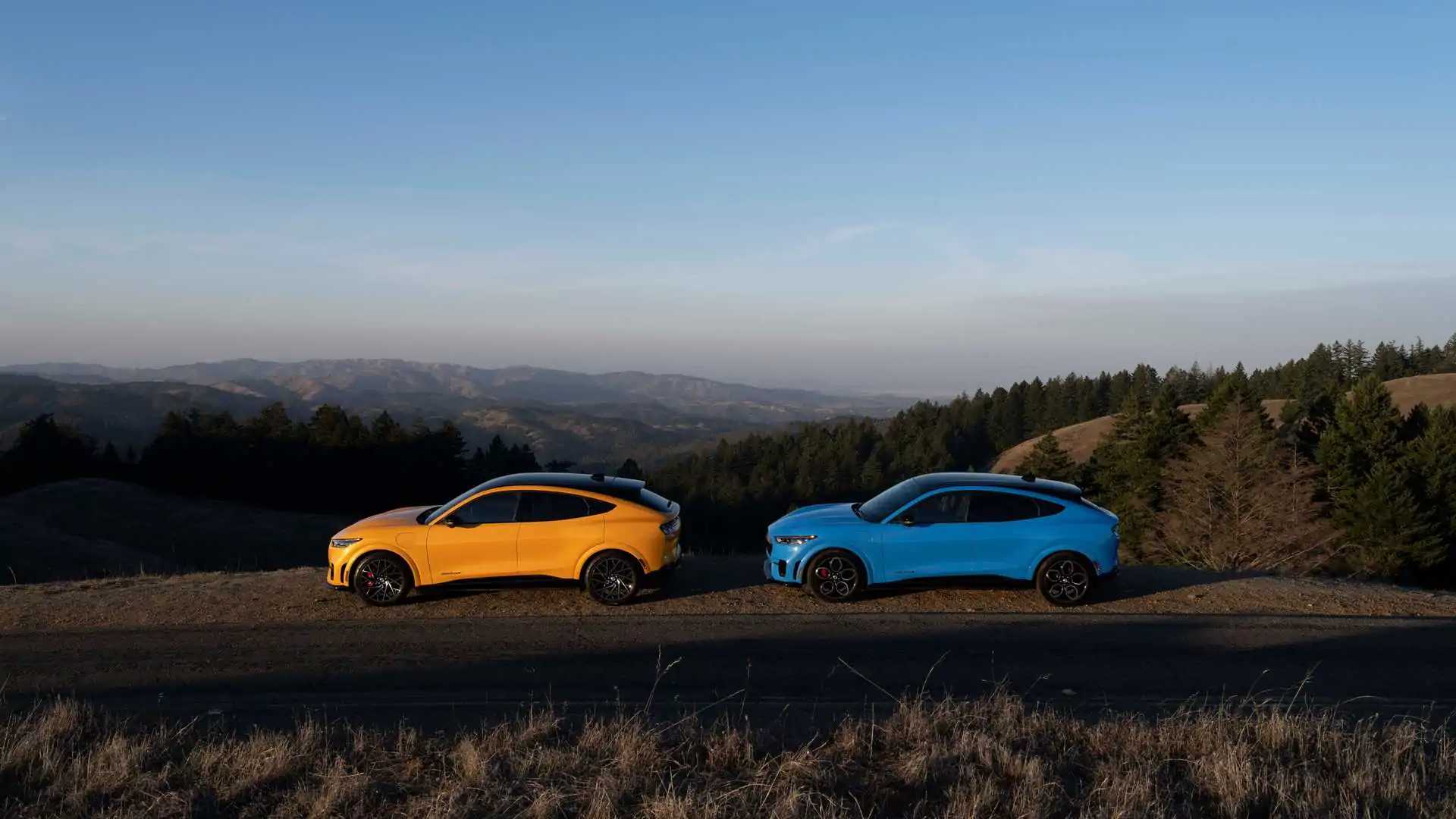
“If we fail to make EVs profitable, competitors with dominant global positions and extensive supply chains will overshadow us,” Farley warned. “Our future viability outside North America hinges on successful EV profitability.”
Ford’s EV unit reported a $1.32 billion loss in the first quarter, attributed to costs despite selling 10,000 vehicles. Farley underscored the urgency of reestablishing profitability, urging a societal shift towards smaller vehicles to foster broader EV adoption.
“We must rediscover our appreciation for smaller cars. It’s pivotal for both our company and the EV transition,” Farley remarked. “While larger vehicles have their appeal, their weight remains a significant challenge.”

